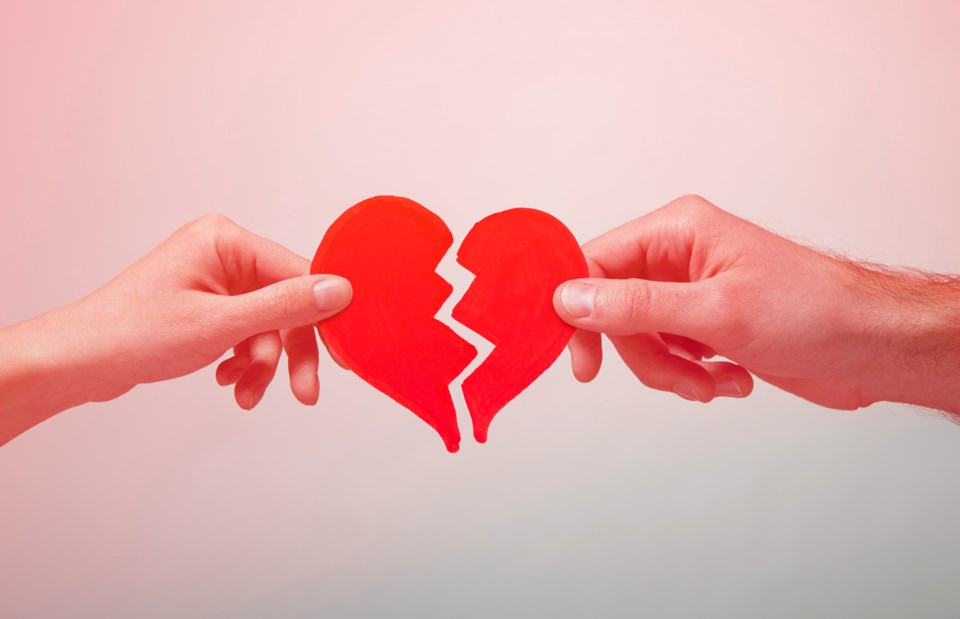When we commit to a relationship, we usually have big dreams and the intention to be in a loving partnership, but sometimes things go awry – especially if one or both parties haven’t learned the skills required to make a relationship work. I will share some practices that contribute to a successful long-term relationship next week, but this week I’m focussing on some of the relationship pitfalls.
Firstly, without healthy communication people may turn to passive-aggressive behaviour with each other, make a lot of assumptions and often expect their partner to know what they are thinking. It is very important that we recognize any patterns in our relationships that cause unhealthy or toxic energy including any or all of the following:
-Abusive behaviour (physical, verbal, sexual, emotional, financial, damaging property…)
-Unpredictable behaviour that causes one to feel unsafe, insecure, fearful of the other, and walking on eggshells to keep the peace. Often there are patterns of extreme highs and lows (where the lows are survived and the highs bring hope and forgiveness),
-Control of what one does, says, wears, purchases, who associates with…,
-Jealousy, lack of trust, accusations, holding the other responsible for own insecurity,
invasion of privacy (such as reading phone messages of the other…)
-Force or pressure to do things one isn’t comfortable doing (drugs, alcohol or sexual) and won’t accept ‘no’ for an answer,
-Threats of self-harm or harm to others, or pets…
-Passive aggressiveness instead of direct communication,
-Competition around who is in control, who is right or wrong, scorekeeping and making each other pay…
-Deception, lying, manipulations, and ultimatums to ‘get one’s own way’
-Lack of respect, not feeling heard, understood or valued by the other,
-Intentionally provoking a fight when frustrated, or confused , needing to purge
-Expecting each other to be mind readers and ‘know’ what is wrong or what is needed,
-Humiliation and degradation (name calling, belittling, intentionally embarrassing…),
-Gaslighting or making the other party self-doubt or feel they are crazy for their feelings,
-One party having to change who they are, losing their identity in order to meet the expectations of the other, become someone they don’t like, sacrificed self-esteem…
Please remember that if there are children involved – they live within the energy created by the parents or adults in charge. They may not feel safe themselves, and are learning what to expect and accept in a relationship when they are older.
The above behaviours are often not one-sided. Both parties may bring toxic behaviour to the relationship, and a competitive energy brings out the worst in each other. Substance use (abuse) adds an element that requires professional support. Often, unhealthy behaviour is a result of past trauma or continuing generational patterns, and counseling is needed to help resolve issues so they don’t affect / destroy relationships.
If you recognize yourself or your partner in the above issues, please seek professional help to heal the past in order to have a healthy relationship in the present, and future. The local health unit has counseling available if you feel you need to talk to someone and there are many private local therapists trained to help relationships get back on track.
To breaking the cycle of disfunction in relationship…
Claire Nielsen is a health coach, author, public speaker and founder of www.elixirforlife.ca. The information provided in the above article is for educational purposes only and is not a substitute for professional health and medical advice. Please consult a doctor or healthcare provider if you're seeking medical advice, diagnoses and/or treatment.



